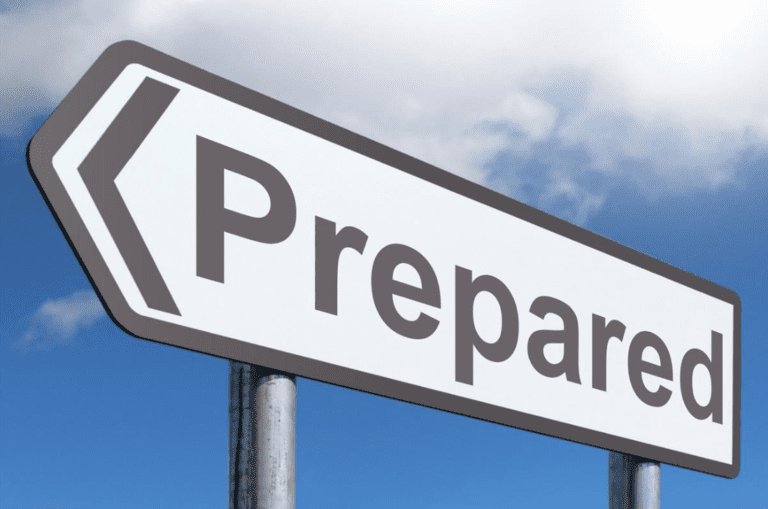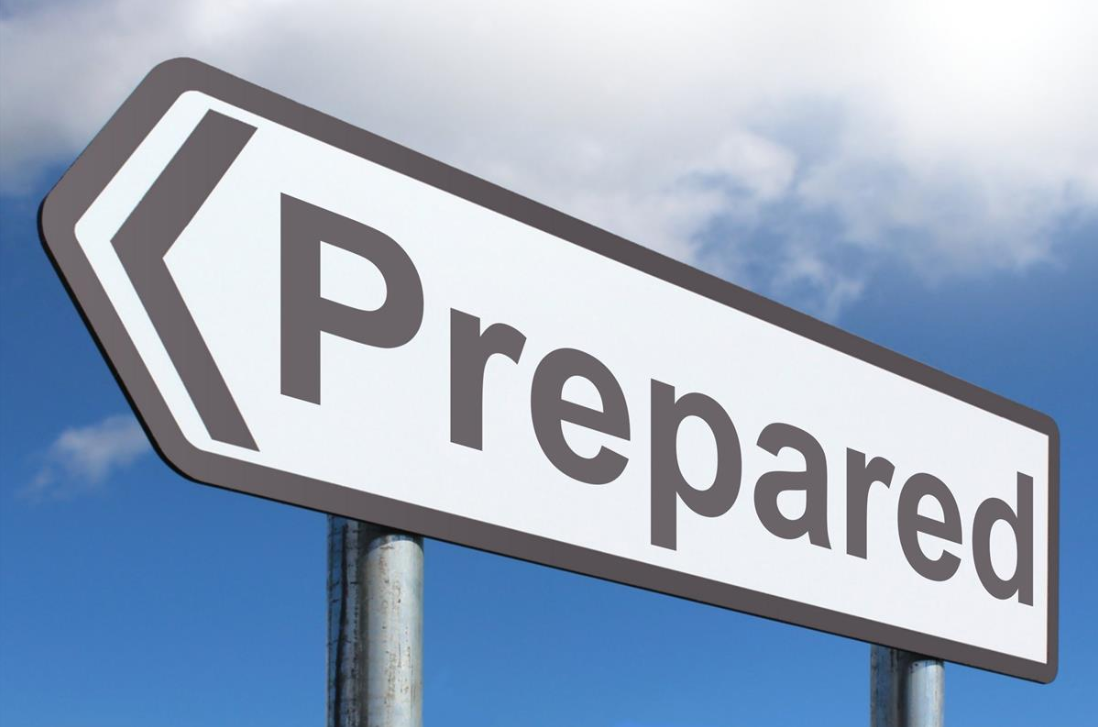
Resilience. Are you prepared?
For terrible headlines and a massive fine…
On Saturday nearly 1 million homes in the UK lost power. But it wasn’t just homes. It was airports and hospitals.

On Saturday nearly 1 million homes in the UK lost power.
But it wasn’t just homes. It was airports and hospitals. It left people stuck on trains for 6 hours with no food and no toilet facilities.
Fortunately, the problem didn’t last long, and the inability of water companies to pump clean water and sewage didn’t make the headlines. This time..
The energy market regulator Ofgem has requested ‘an urgent detailed report’ from National Grid, the electricity transmission network owner, and said recriminatory steps could include enforcement action and a fine, which could total as much as 10 per cent of the company’s annual turnover.
Perhaps the water industry is heaving a sigh of relief that it wasn’t them this time. A wet August has probably already made them feel more comfortable.
But there is no room for complacency. All water companies around the world should be noting the negative reporting around large cities running out of water and wondering when it will happen to them, and preparing to ensure not only that they can cope if it does, but that they can ameliorate that situation if it is imminent.
Preparedness should include the ability to control pressures in the network remotely at all locations, so that these can be reduced. This would eke out available supplies, delaying as long as possible the need to introduce standpipes and to move water around other than in the pipes by tanker, in bottles.
i2O’s oNet solution has been used for this purpose in a number of situations because it operates with PRVs and pumps, effects pressure changes very smoothly, can be programmed in advance, and changes in pressure can be small and reliably accurate. But most of these deployments have been in extremis, and not as part of a resilience plan that guarantees preparedness.
We have learnt of one such plan in the UK. But surely there need to be many more. Indeed, such preparedness ought to be universal amongst the 4,416 cities in the world with a population of over 150,000.
Image: Alpha Stock Images – prepared by Nick Youngson CC BY-SA 3.0